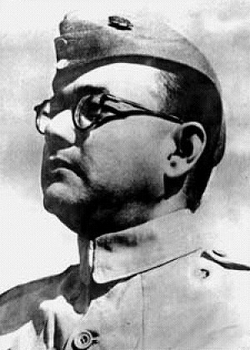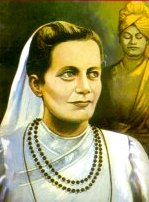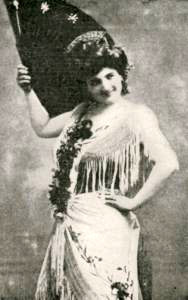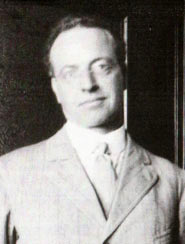The difference between tributes, world thinkers and reminiscences
by Frank Parlato Jr. editor Vivekananda.net For purposes of vivekananda.net we have divided comments made by various people about Vivekananda into three categories:
2.Tributes differ from reminiscences since there is, generally, no relating of incidents in Vivekananda's life. A. Those who knew the Swami personally, regardless of their prestige or renown. Their praise, collectively, has biographical value in helping to assess the impact Vivekananda had on a wide variety of people who knew him - and who each had varying motives for making their tribute. B. People who did not meet the Swami - but who have had a substantial commitment to the Swami, and his works, primarily monks of his order - and who have achieved a certain degree of established reputation as such - and obviously are not expected to be critical in their assessments of the Swami. This too has value since it helps us assess the varying types of minds that became attracted to the Swami after his death, and the reasons that impel men to devote their lives to the Swami's name and work. 3. World thinkers differs from tributes since the world thinkers are limited to people who have achieved substantial success or fame in various fields related to the mind and the evolution of mankind- but for reasons other than their direct association with Ramakrishna -Vivekananda, or the Ramakrishna order of monks. There are some world thinkers included herein who knew Vivekananda personally, and we indicate it as such, but their association with Vivekananda in these cases were not the direct cause of their fame. Two examples to indicate who should be included in this category may be illustrative: Sister Nivedita certainly qualifies as a "world thinker" as she achieved a great deal of fame as a littérateur, a social workers, a nun, a freedom fighter, and a philosopher in her own right. Her reputation as these is growing, as is her influence on the minds and hearts of many, as the decades pass since her death in 1911. She, however, was first and foremost a disciple of Vivekananda, and her fame is so closely associated with Vivekananda that her thoughts on Vivekananda (as opposed to her relating of incidents in the Swami's life) are included as Tributes rather than comments from a world thinker. On the other hand, two ardent devotees of the Swami - men who never met the Swami personally, Subash Chandra Bose, the heroic freedom fighter, and Sri Aurobindo, the freedom fighter turned yogi, of immense spiritual stature and worldwide regard in the mid 20th century are included in the World Thinkers section. While it is true that both have acknowledged that the influence of Vivekananda shaped their entire careers. They are not objective historians, or calmly critical. Bose claimed to be in effect practically a disciple of Vivekananda, and Aurobindo claimed to have a mystic vision of Vivekananda in a jail cell which changed him from a militant to a yogi. They are included nevertheless in the World thinkers section because of their impact on the world in spite of their bias. In short, in the world thinkers section we include critical, purportedly objective evaluation, as well as tributes from people of importance or of far reaching fame in fields of endeavor related to the Swami and his interest. To cite two more examples, both of whom knew Vivekananda. The pioneer of psychology, Harvard philosophical professor William James knew the Swami and offers him tribute. He is included in world Thinkers because of his independent renown as a philosopher. Madame Emma Calve- the world famous opera singer of her day- who offers her assessment and praise of Vivekananda is included in the Tributes section- since, with all due respect to singers, the profession, or the amount of fame, itself does not qualify a person's inclusion as a world thinker. In the end, inclusion in the world thinkers category, although at times, perhaps somewhat arbitrary, is determined more by who said it than what they said about Vivekananda. |
 |
||
Subhash Chandra Bose: although a devotee of Vivekananda, he is classified as a world thinker
|
|||
 |
|||
Sister Nivedita: although a world thinker, she is first and foremost a disciple of Vivekananda, hence her comments are tributes
|
|||
 |
|||
Emma Calve: although world famous as a singer, fame alone doesn't qualify one as a world thinker. An opera singer's praise of Vivekananda merits inclusion solely because she knew him personally.
|
|||
 |
|||
| Thomas Allan : although utterly obscure except to devotees and students of Vivekananda, his comments on Vivekananda merit inclusion, since he knew him personally. His relating of incidents of a biographical nature are included in reminiscences. His praise without biographical detail is included in the tributes. | |||
|
- www.vivekananda.net edited by Frank Parlato Jr.